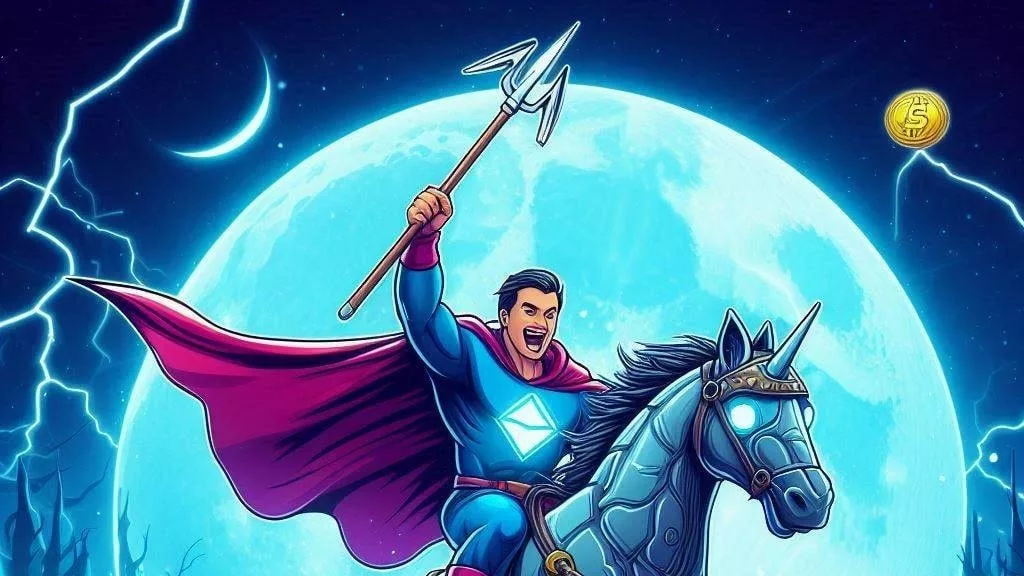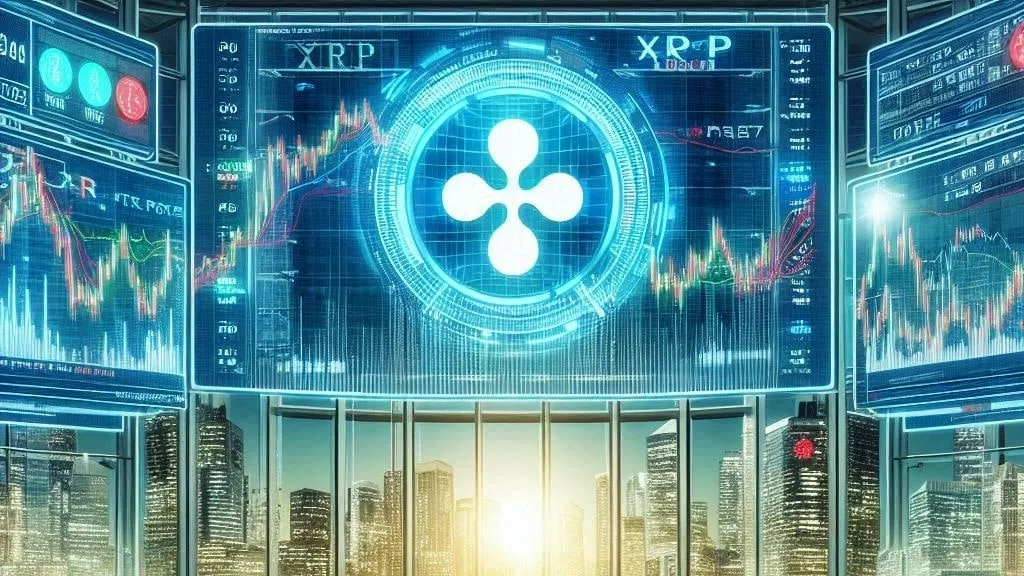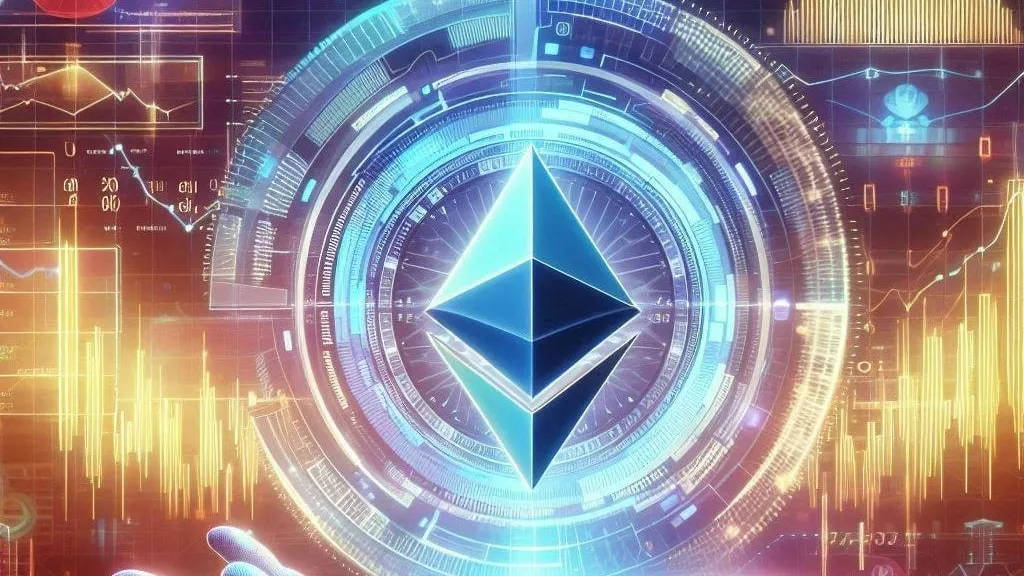
Neel Kashkari, the President of the Federal Reserve Bank of Minneapolis, reiterated his longstanding skepticism about Bitcoin (BTC), stating that it remains “worthless” even after twelve years in circulation. His comments come against a backdrop of easing inflation and a strong labor market, raising questions about the future of cryptocurrencies amid shifting economic conditions.
During a recent address, Kashkari assured markets that inflation is on a downward trajectory, while the labor market continues to show resilience, despite a minor uptick in unemployment figures. He emphasized that the cost of increasing unemployment isn’t justified, indicating a commitment to policies that aim to sustain economic stability.
Kashkari dismissed concerns about China potentially emerging as a significant competitor to the U.S. or the yuan threatening the dollar’s status as the global reserve currency. His focus was clear: the strength of the U.S. dollar and the economy outweighs these concerns.
Amid this economic backdrop, Kashkari’s comments on Bitcoin reignited discussions about the cryptocurrency’s value proposition. Despite Bitcoin’s growth and widespread adoption over the past decade, he continues to view it as lacking intrinsic value. His skepticism is rooted in the belief that cryptocurrencies do not serve as reliable stores of value or means of exchange, especially compared to traditional fiat currencies.
Kashkari’s stance is not an isolated one; many financial experts and economists share similar views. They argue that without backing by tangible assets or regulatory frameworks, cryptocurrencies like Bitcoin struggle to justify their market prices. This sentiment can contribute to market volatility, as seen in Bitcoin’s recent price fluctuations.
Today’s market reflects some of this skepticism, with Bitcoin’s price experiencing a notable downturn. Investors are likely reacting to a combination of factors, including Kashkari’s remarks and broader economic signals. As the cryptocurrency market remains sensitive to news and developments, shifts in sentiment can lead to rapid changes in price.
Bitcoin, often regarded as a “digital gold,” has faced challenges in establishing itself as a reliable alternative to traditional currencies. Its price has been historically volatile, influenced by regulatory news, market speculation, and macroeconomic trends.
While Kashkari’s comments underscore a critical viewpoint, they also highlight the ongoing debate regarding Bitcoin’s role in the financial system. Proponents of Bitcoin argue that it offers a decentralized alternative to fiat currencies and a hedge against inflation. As generative AI and other technological advancements shape financial landscapes, some believe that Bitcoin could eventually find its niche.
However, as Kashkari pointed out, he sees greater promise in generative AI over the next two years. This perspective may resonate with those looking to invest in technologies perceived as having more immediate utility or transformative potential.
Neel Kashkari’s continued skepticism about Bitcoin adds another layer of complexity to the ongoing conversation about cryptocurrencies. While the economic environment shows signs of improvement, the future of Bitcoin remains uncertain. Investors and market participants will need to navigate these complexities carefully, weighing expert opinions against their own research and understanding of the cryptocurrency landscape.
As the debate over Bitcoin’s value continues, it serves as a reminder of the diverse opinions that exist within the financial community regarding the future of digital assets. Whether Bitcoin can overcome these challenges and establish itself as a legitimate currency or store of value remains to be seen. For now, Kashkari’s remarks serve as a cautionary note for those considering investments in the cryptocurrency market.



Get the latest Crypto & Blockchain News in your inbox.